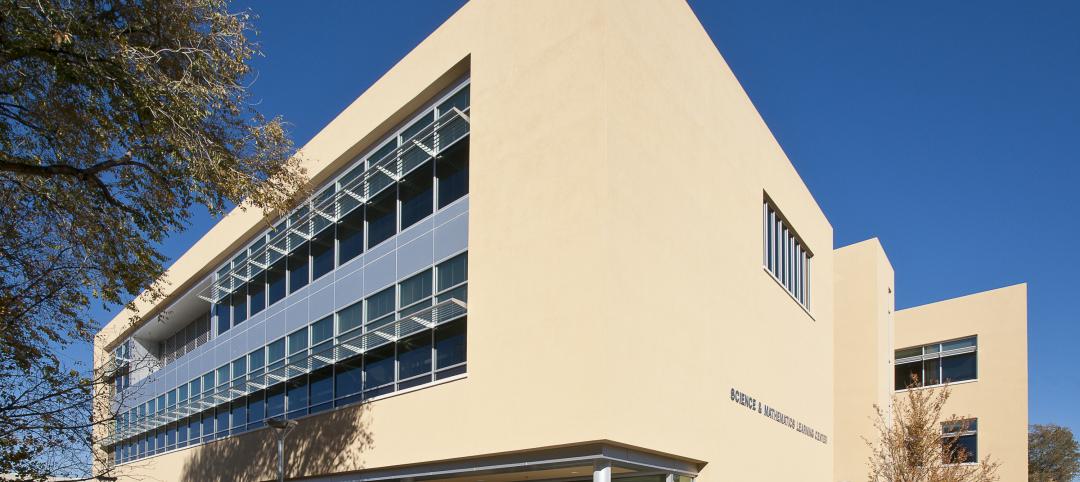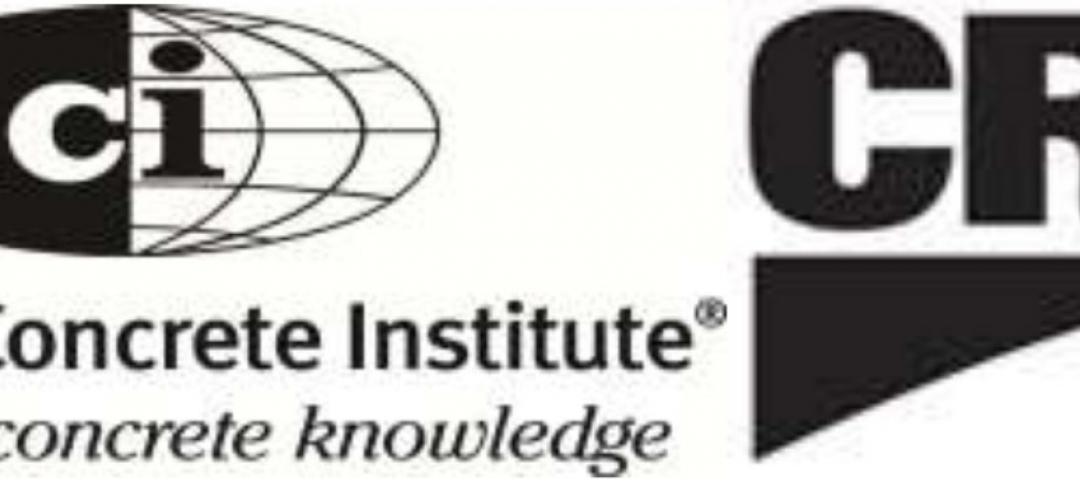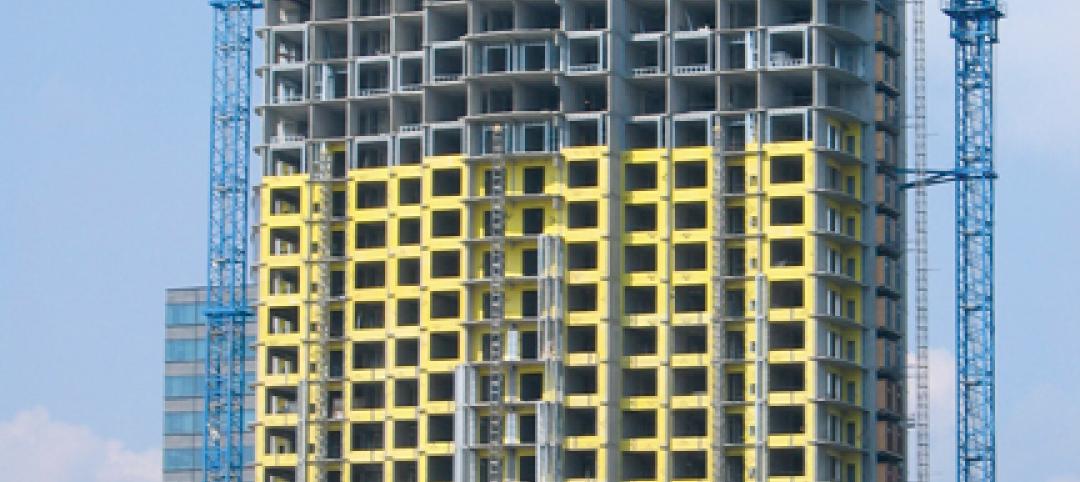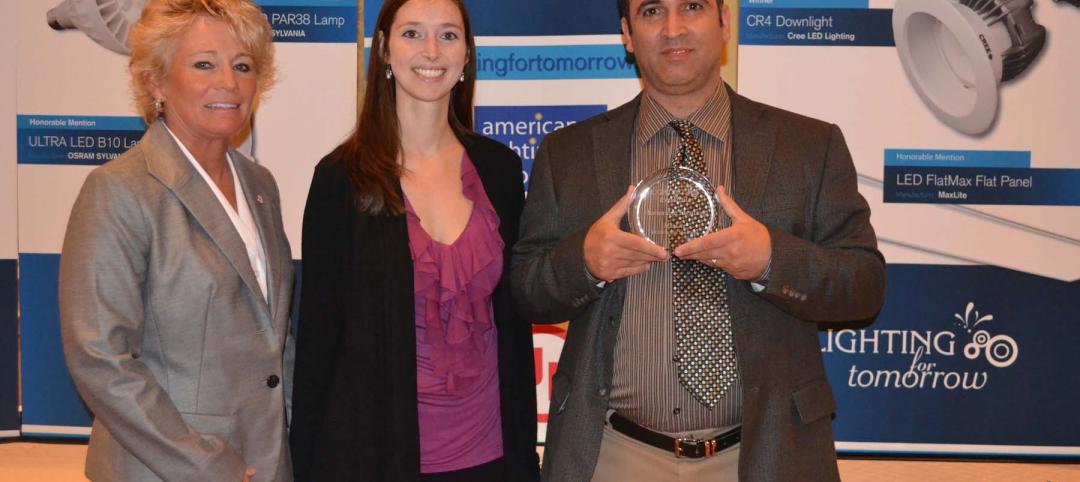“Even a dead cat will bounce if it’s dropped from a high enough altitude,” says an old Wall Street adage. Major economic signals reveal the office building industry is experiencing “a dead cat bounce.”
Sale prices for office buildings enjoyed a moderate bounce to the upside, following the financial crisis of 2007 - 2008. However, the recession and its legacy have vaporized an estimated 275 to 550 million square feet of demand for U.S. office space. While the carnage in the labor market has been slow to influence the office market, the aftershock is beginning to be felt across the country as tenants shed surplus office space.
This assessment comes from B. Alan Whitson, RPA, President of Corporate Realty, Design & Management Institute, and Chair of the Model Green Lease Task Force in a multipart series Office Buildings: The Dead Cat Bounce. In Part One of this series, Whitson zeroes in on changes in the labor market, how it affects demand for office space, and five trends to watch.
“Most pundits have been tracking ‘new unemployment claims’ as their indicator of choice,” says Whitson. “While this worked in past recessions, this time the key is the number of job openings. Before the recession, we averaged 4 million job openings a month. Since the recession ended, job openings have averaged 2.7 million a month. In contrast, layoffs are running 2.1 million a month slightly below the prerecession average of 2.3 million a month. With the economy short 1.3 million job openings every month, a major shake out in the office building market is occurring.”
Five trends to watch from Office Buildings: The Dead Cat Bounce - Part One:
1. Tenants are taking less space, signing short-term leases, and spending less on tenant improvements
2. At 17% vacancy nationwide, tenants are becoming more selective about the space and buildings they lease. Yet, landlords have the upper hand in some submarkets. Tenant that are willing to be flexible and creative can make can make great deals on great space
3. Well-informed building owners will get more creative about the product the offer – work environment vs. square feet
4. Look for an “Uber” class of office buildings to emerge, a combination of location, style, technology, and sustainability. Many 60s, 70s, and 80s era buildings have great locations, good architectural bones and maybe more competitive than some of the newer buildings given a smart upgrade to the skin, mechanical and electrical systems
5. While technology allows us to work anywhere, where we work is becoming more important
As the series moves forward, Whitson will address how these and other changes affect the design, construction, and operation of office buildings. The changing relationship between building owners and their tenants, the leases negotiated, and the types of office buildings tenants are seeking. The goal of the series is to identify the pitfalls to avoid and where to profit from the changes in the office- building marketplace. BD+C
Related Stories
| Oct 17, 2011
Clery Act report reveals community colleges lacking integrated mass notification systems
“Detailed Analysis of U.S. College and University Annual Clery Act Reports” study now available.
| Oct 17, 2011
USGBC L.A. Chapter's Green Gala to feature Jason McLennan as keynote speaker
Chapter to presents inaugural Sustainable Innovation Awards,
| Oct 17, 2011
Schneider Electric introduces UL924 emergency lighting control devices
The emergency lighting control devices require fewer maintenance costs and testing requirements than backup batteries because they comply with the UL924 standard, reducing installation time.
| Oct 14, 2011
AISC develops new interoperability strategy to move construction industry forward
AISC is working to bring that vision to reality by developing a three-step interoperability strategy to evaluate data exchanges and integrate structural steel information into buildingSMART's Industry Foundation Classes.
| Oct 14, 2011
University of New Mexico Science & Math Learning Center attains LEED for Schools Gold
Van H. Gilbert architects enhances sustainability credentials.
| Oct 14, 2011
BD+C Survey on Building Information Modeling: The Good, the Bad, and the Solutions
In a recent survey conducted by Building Design+Construction, more than 75% of respondents indicated they currently use BIM or plan to use it. Respondents were also asked to comment on their experiences with BIM, what they liked and disliked about BIM, and what BIM-related advice they would give to their peers.
| Oct 14, 2011
ACI partners with CRSI to launch new adhesive anchor certification program
Adhesive anchor installer certification required in new ACI 318-11.
| Oct 14, 2011
Midwest construction firms merge as Black and Dew
Merger is aimed at increasing market sector capabilities and building on communication and core contracting competencies.
| Oct 14, 2011
AIA Continuing Education: optimizing moisture protection and air barrier systems
Earn 1.0 AIA/CES learning units by studying this article and passing the online exam.
| Oct 14, 2011
MaxLite receives 2011 Lighting for Tomorrow honorable mention
The judging panel was particularly impressed with the performance of this fixture.
















